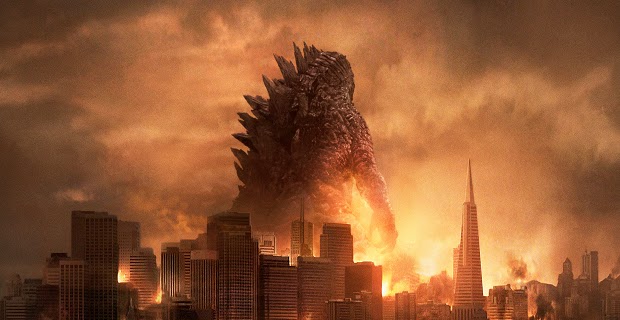By Ivan Khalil L. Descartin (DEVC 263)
My learning experience in this course is very much comprehensive, as the course works range from simple discussion forum posts to the more complex intermingling of module knowledge, persuasive communication, and even editing skills. In many ways, the highlight of the course for me, though there were several, was the group reporting.
Before this course, I had little to contact with my classmates save for the usual exchanges in the discussion forums. But this reporting activity has bridged the gap (the same thing communication does to science and the public) separating me and my classmates and was able to facilitate a collaborative effort that is equal parts work and play. My impression of my classmates, that of a bunch of no-nonsense, serious-minded (to a fault) people were thrown out the window. Instead, what they were is exactly just like what I am: humorous, freewheeling individuals who are just trying to “make it”.
Almost instantaneously, our group clicked, and in no time we were able to deliver a video report (edited by yours truly) that is a product of focus and scattered revelry. Though ambitious, I was the one who masterminded the plan that we report in front of a green screen so that, to use a little jargon, I may then use chroma Key to add a little studio background and make it seem like we are legitimate news anchors reporting on some very important matters.
In all honesty, I have not really marked any specific dates for this course, though I can distinctly remember one: October 31, 2016. The time is around 7:00 pm and it was the date when we are, more or less, supposed to finalize the video report that is to be uploaded over on YouTube. Just in the nick of time, I was able to edit everything together, green screen and all, and whispered a quick prayer that the internet connection would be as smooth as a baby’s behind, at least up until the wee hours of the morning the next day. With or without me, the goal is for the video to finish its upload so that I may immediately send the link to one of my groupmates assigned in submitting the report. I need to stress the “with or without me” part, because we are to visit our grandmother’s grave in the cemetery while the upload is in progress so, naturally, the laptop stays open even as we leave for the cemetery in early observation of All Saints’ Day.
As if one very sincere prayer is not enough, I whispered another quick one, fingers-crossed and very much hoping that the laptop would not die out or be accidentally felled by one of our cats (the laptop is, after all, teetering on the edge of our kitchen counter). Thankfully, everything went according to plan and the video report was submitted on time.
And so we got it done.
On a more personal note, it’s one thing to be trusted by your groupmates, but for them to call you “Direk” on a regular basis during the production phase of the video report as if their lives depend on it is another. It slowly helped me regain my trust in myself because if other people do so in me, why can’t I? That part may sound a bit too subjective especially considering that this is a Science Communication course, but this is what I feel my journal should contain; that and the challenge of crisscrossing between the various course works and the responsibilities that my job entails.
One of the challenges that a graduate student faces is time management. More than critical thinking, intellectual pedigree, and articulacy, which are all equally important, one should put premium on weighing priorities like one big balancing act worthy of Barnum and Bailey. And with the deadline of the major course requirements looming over the same week we are supposed to submit the final grades in the school where I work as an instructor, the ultimate juggling act could not have been timed worse.
I worked on the policy brief for a little more than a week, along with reading the remaining modules and intermittently posting on the discussion forums. But while applying whatever I have learned and is still learning about on the activities assigned to us, the more I appreciate science communication as a whole not because of its sheer intricacy, but because of the utter practicality that underlines each and every concept that guides the very discipline.
In all honesty, I started thinking of possible topics for the policy brief for no other reason than just to be done with it, and in the course of writing it I was animated purely by self-coercion. But as I slowly learn to relish the last few modules (the participatory communication framework, for example), the self-coercion turned into a kind of inner calling. After all, I took up not just this course but this graduate program because I believe, and still do, in the idea that communication transforms for the better. So I spent several sleepless nights working on the policy brief without even the slightest bit of guilt or hesitation knowing that I’m doing it out of sheer principle and for some vaguely idealistic notion of change.
And so I got it done.
Some say that in order to work on something like this one must maintain relative distance from the topic and also from the people involved (stakeholders). That is indeed very true, but what I was able to realize working on almost all of the activities for this course is the fact that the mind’s distance from what it ponders about matters, but one’s heart must always be in the right place.











